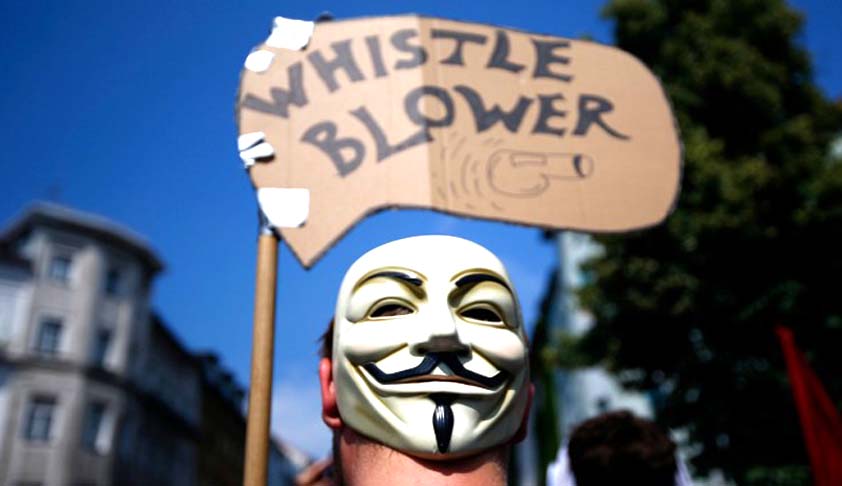Bill to protect whistleblowers gets Parliament's consent
LIVELAW NEWS NETWORK
22 Feb 2014 4:29 PM IST

Next Story
22 Feb 2014 4:29 PM IST
With the end of the 15th LokSabha, the RajyaSabha passed the crucial anti-corruption law the Whistleblower Protection Bill, which is one of the six anti-graft bills that have been presented by the government as potential efficient tools against corruption, almost two years after it received the consent of the LokSabha. The bill, which provides for protection of whistleblowers, will now become...
